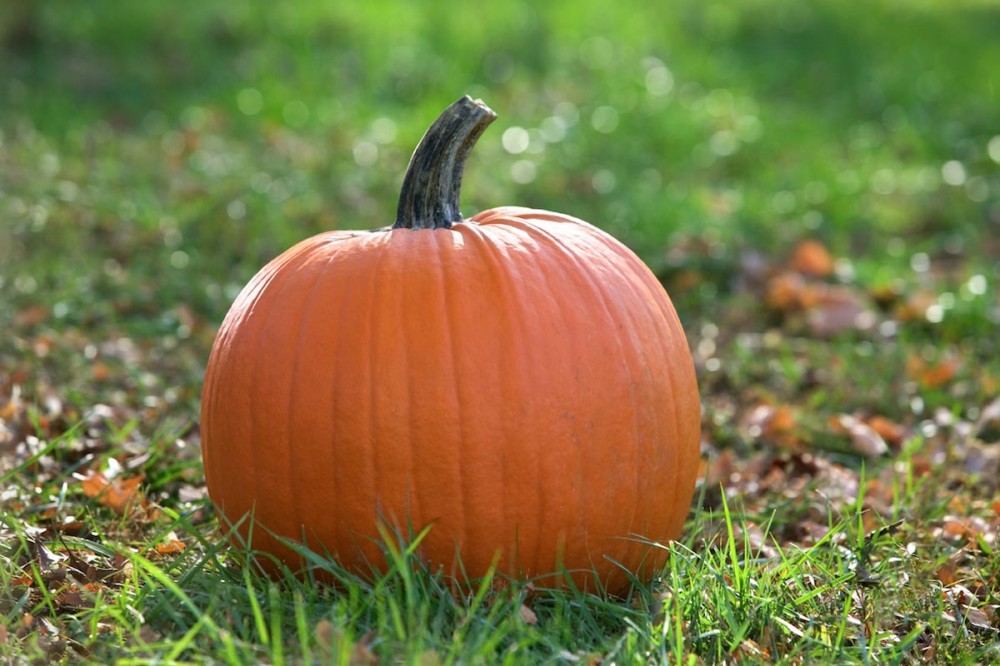One of the oldest cultivated crops in North America is the pumpkin fruit. These iconic autumn globes belong to the gourd family (Cucurbitaceae), right along with the watermelon, cantaloupe, honeydew melon, zucchini and cucumber. Native tribes have been growing pumpkins for food and medicine since at least 5,000 B.C. The oldest domesticated pumpkins were discovered by archaeologists in Oaxaca, Mexico and are thought to have originated in Central America more than 7,500 years ago.
Far more than just decorations, pumpkins are loaded with nutrition and provide several medicinal benefits. From the flesh to the seeds, pumpkins were historically grown to keep families fed through the tough winter months and to keep villages sustained during times of food scarcity. Because they are loaded with vitamin A, pumpkins can help alleviate vitamin A deficiency and prevent severe disease outcomes for measles.
Pumpkins provide vitamin A to help protect against severe measles
The pumpkin’s orange color indicates that the fruit is rich in an antioxidant called beta-carotene. The human digestive system converts beta carotene into vitamin A, which is then used for proper growth and function of the eyes, skin and immune cells. Like most fruits, pumpkins also contain various other vitamins, including C, E and B6, as well as magnesium, potassium, thiamin, folate, niacin, iron and riboflavin. These vitamins and minerals also play an important role in combating infectious disease. As a bonus, the pumpkin seeds are known to expel worms from the digestive tract, making the immune system even stronger.
During measles outbreaks, children are best protected with high vitamin A intake and assimilation. Pumpkins are a great food to help bring vitamin A levels up. One cup (245 grams) of canned pumpkin provides 209% of the daily value of vitamin A.



